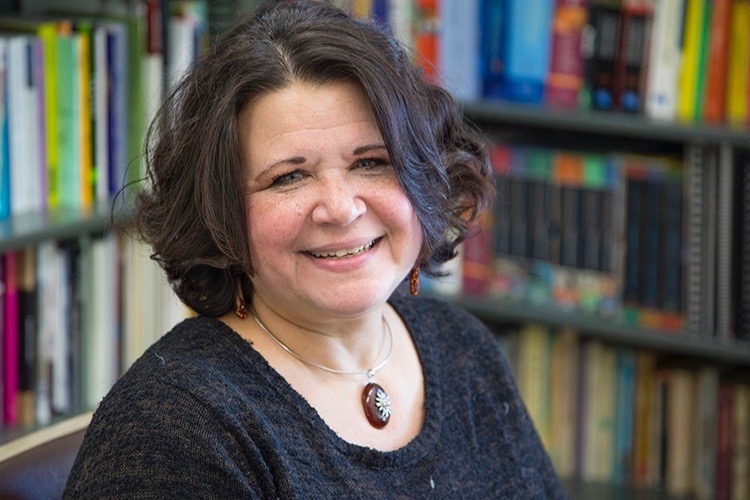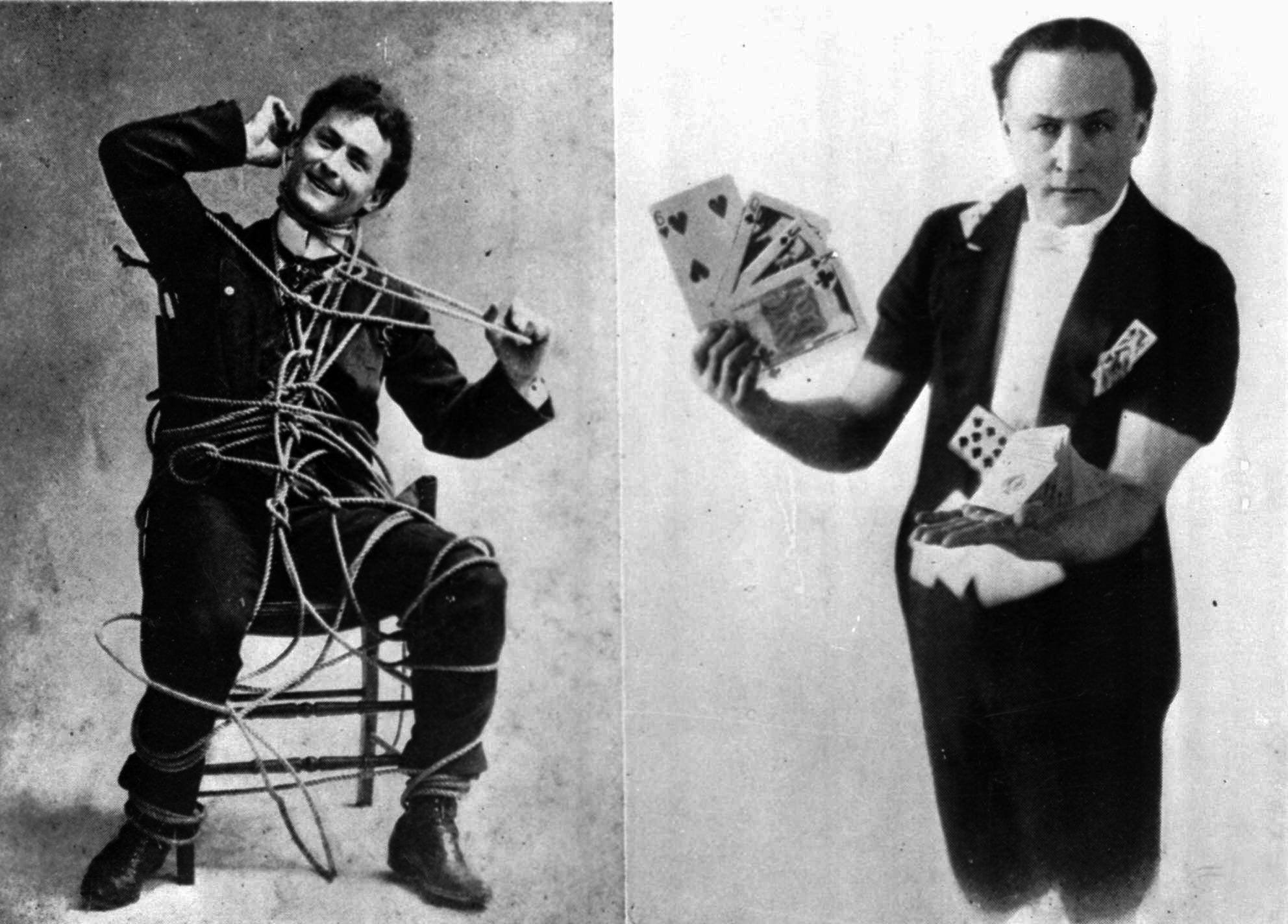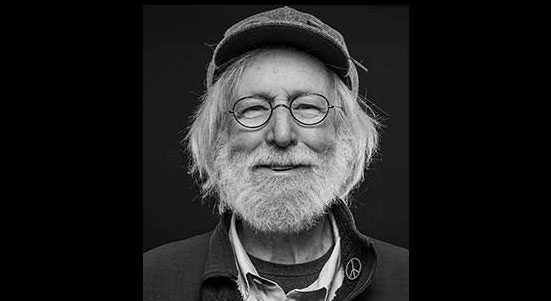The first time Brenda Cárdenas heard her poem sung by a large choir in Carnegie Hall, she was delighted and amazed.
However, that powerful relationship between poetry and music never surprised her. It felt completely natural.
“As poets, we paint pictures with words, and the internal music of the language is so important to us — rhythm and cadence,” she said on WPR’s “Wisconsin Today.” “Poetry is really a very musical form and often a very visual kind.”
Stay informed on the latest news
Sign up for WPR’s email newsletter.
The Carnegie Hall performance featured her poem “Para Los Tin-Tun-Teros,” which honors drummers, set to choral music by Daniel Afonso and sung by an orchestra and choir of more than 50 people.
This blending of poetry with other art forms — known as interarts — is part of the reason a 16-member committee from the Wisconsin Poet Laureate Commission named Cárdenas Wisconsin’s newest poet laureate. Her term starts Jan. 15.
“When you hear Brenda discuss poetry or how she interacts with poetry, there are many awe inspiring moments,” commission chair Vida Cross said in an email to WPR.
Cárdenas will serve through 2027 as the state’s ambassador of poetry, and inspire people with creativity through workshops and projects. To her, that means helping others understand the joy, education and beauty poetry can evoke.
Meet Wisconsin’s 11th poet laureate
Cárdenas writes on a variety of subjects from culture — as a Mexican-American woman — to the environment, landscapes and her family. She often blends her poetry with a variety of art forms.
Those blended works are called “ekphrastic” poems.
“That simply means that poems are written in response to or in conversation with or in correspondence with visual art,” she said.
As part of the application process for becoming the state’s poet laureate, Cárdenas proposed an ekphrastic poetry project. Imagine a game of telephone, where instead of passing a story between participants, you pass a poem between writers and visual artists. An artist reads a poem and then creates an image inspired by it. Then that image goes to a different writer who creates a poem inspired by it, and so on and so forth.
Eventually, any artist or poet will be able to access and join the project from a custom-built website.
“It’s about bringing people together and realizing that these different art forms, while they are very different, have a lot in common,” Cárdenas said.
In addition to flowing between different art forms, Cárdenas often flows between writing in Spanish and English in her poetry. She calls these “interlingual” poems, as the two languages combine to make something new.

Listen to Brenda Cárdenas recite her poem titled “Deportation.”
Interlingual poems
Cárdenas grew up in Milwaukee in a house full of different languages and storytellers. Her mother was Mexican and her uncle, who lived in the same household, was from the former Yugoslavia.
Because of that, her inspiration for a poem often starts with language.
“Some phrase that’s especially sonorous, rhythmic or just interesting — in terms of the turn of phrase… that will come to me and then I’ll put that down on the page. And from there, the poem will emerge,” she said.
More than half of her poems blend Spanish and English.
In 2015, Maeva Ordaz, a Latina woman from Anchorage, Alaska, won the national Poetry Out Loud competition reciting Cárdenas’ poem “Zacuanpapalotis.”
Cárdenas told the University of Wisconsin-Milwaukee the poem is about monarch butterflies migrating between countries and cultures. It reflects her feelings of being a woman in the space between — being both Mexican and American.
“That to me was more important than an award I could have won,” Cárdenas said after winning the 2018 UW-Milwaukee Outstanding Woman of Color Award. “She was this young person in Alaska that I connected to through this poem. For me, that was one of my favorite achievements.”
Through her state poet laureate project and time in the position, Cárdenas hopes to form similar connections among poets and artists all across Wisconsin.
Wisconsin Public Radio, © Copyright 2025, Board of Regents of the University of Wisconsin System and Wisconsin Educational Communications Board.






